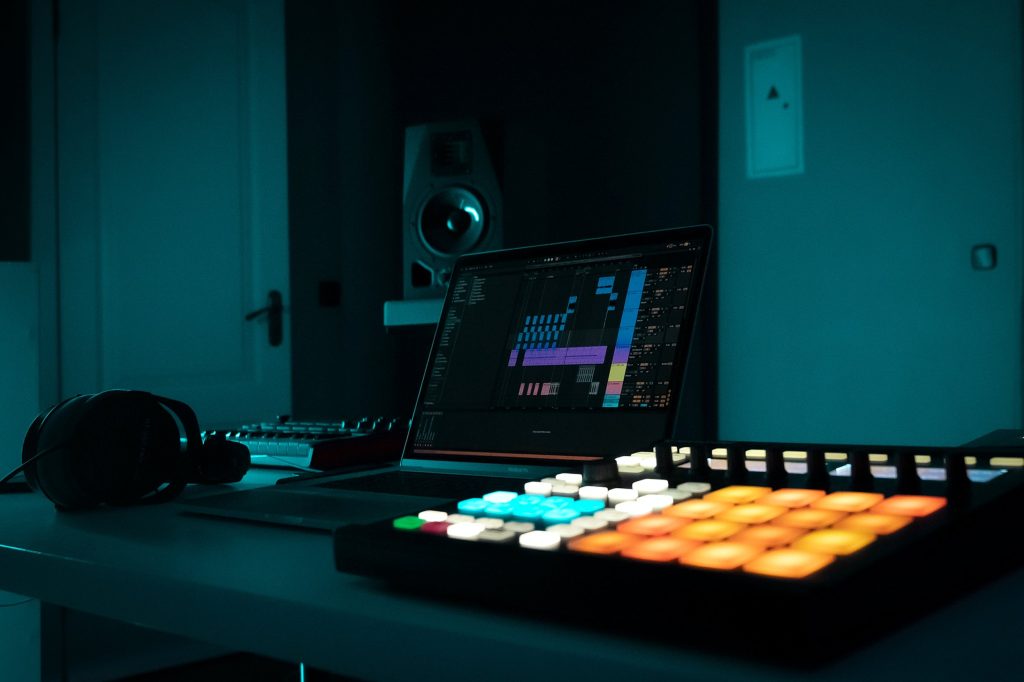Learn the Basics of Music Production

Aspiring music producers should first learn how music production equipment works. How to connect/install the equipment and troubleshoot any problems that come up in the studio. You should start with mastering the equipment that you have access to. Mastering your equipment means learning the following
- How to set and control input levels
- Adding effects such as reverb and delay
- Understanding attack and decay
- Understanding compression and side chain compression
- Having a dynamic mix
At some point, you’ll also want to learn other commonly used equipment . Several times, I’ve been in studios that use logic and when technical issues occurred they weren’t able to troubleshoot them because the producer was only familiar with Protools.
Second, producers should learn about musical composition and songwriting. Notes, chords, scales, modes and the circle of 5ths will help you to write your own music, understand other people’s music and allow you to give input on the songwriting process that often bleeds into the music production process. You should know the following:
- What keys make up C major/A minor and G major/E minor scales and what chords can be made using those keys?
- What is an arpeggio?
- What is 4/4 timing? 3/16 timing?
- What is a verse, chorus and bridge
Last, a producer should learn how to coach and mentor the musicians that they are producing. Coaching performers on how to give their best performances in the studio and knowing how to give constructive criticism is critical to being a great producer.
To coach and mentor a producer must
- Develop and share their network
- Learn and share music business advice
- Insist on conducting transparent business while being discrete
- Give and receive feedback
You can start mastering your equipment, learning about composition and developing a leadership mindset today so don’t wait.